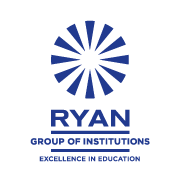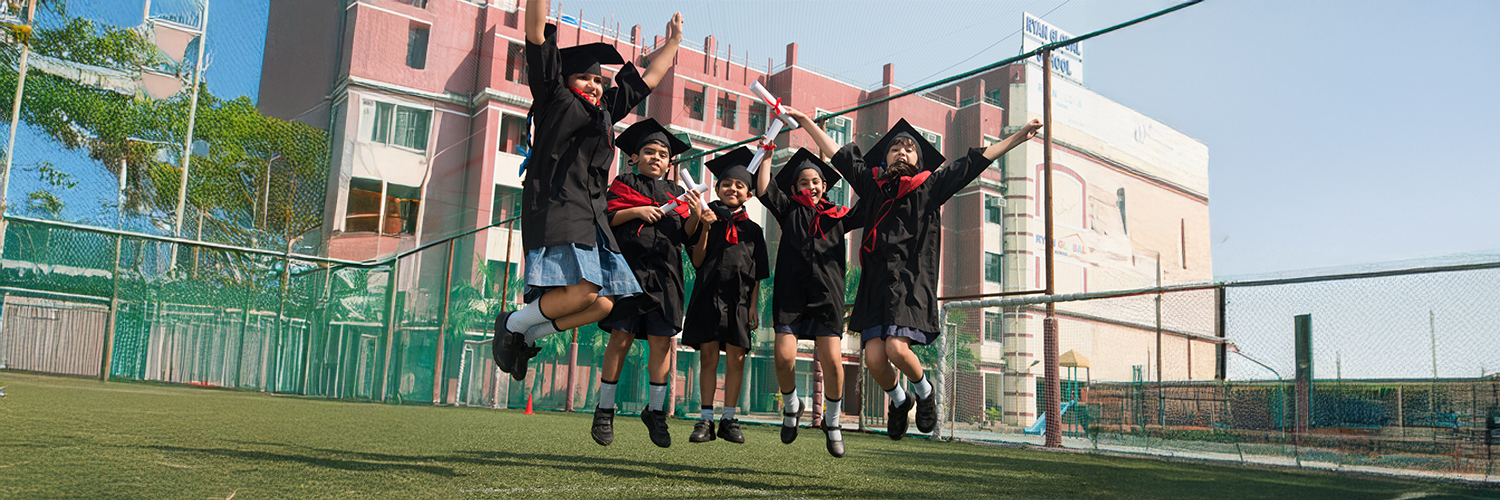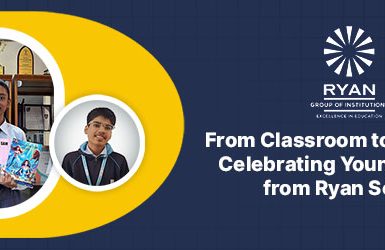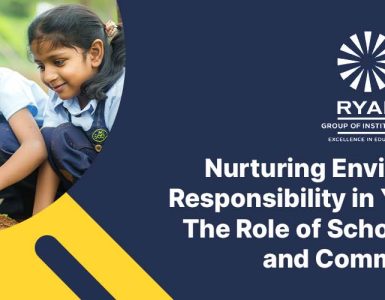As parents of the 21st century, struggling to bridge the gap between technological advancements and traditional schooling, we must actively question the basis of our perception and purpose of the idea of education. Remember, when you were sold the idea that passing your 12th boards with flying colors will land you a great job and you’ll be all settled then? Or cracking the IITs or IIMs is marking the guaranteed stable route to a stable successful career?
Education has always been valued due to its nature of serving us what we want on a platter, the moment we tell students to go to school so that they can obtain a job, we are telling them that education is a means to an end. It is to a point definitely, but by creating the need of learning in this manner, acquiring the desired outcome will make the purpose of schooling obsolete, right? The foundation of schooling must shift from the pillars of obedience, discipline and rote learning to growth, passion and critical thinking that allows children to choose for themselves. Now, it is not precedence but creativity that is valued. If the world of careers has changed, has the world of education led the way – or has it even caught up?
Education uptill now has just managed to checklist the box of training, following a hierarchy, obeying authority figures, hand holding the old work paradigm by making students function and think without their own inspiration. The careers of tomorrow demand the ability to embrace fresh perspectives, tackle unprecedented challenges, and connect beyond familiar circles. Success will come not from repeating what once worked, but from envisioning and navigating what will work. Acquiring skill sets, and upskilling your existing skills is the new golden ticket to a shortlisted resume of education in schools, laying the groundwork for the careers of the future.
At Ryan Group of Schools, we are committed to nurturing future-ready learners through a dynamic academic program that blends knowledge, creativity, and practical experience. Our curriculum fosters critical thinking, effective communication, and problem-solving—skills essential in today’s evolving world. Students who possess critical thinking abilities are better equipped to handle life’s challenges, whether they be in the classroom, in their personal lives, or in their future careers. Critical thinkers are able to deconstruct issues, identify what is important, and maximize available resources to arrive at meaningful solutions. In this blog, we suggest some ways that can be incorporated in teaching methods to better prepare students for careers of the future.
- Fostering a growth mindset: By embracing effort, hard work and dedication over innate talent and providing constructive feedback, teachers can make room for students to take an initiative in improving their learning strategies and approaches along with reinforcing mistakes and learning opportunities to stay ahead of the curve.
- STEM and technologically adept inclinations: Real life application of problem solving skills stems from recognizing the need of the hour skills, problem solving and creative innovation. By promoting an interdisciplinary approach children can become tech savvy in navigating the interventions of the technologically intensive world and marketplace, to stay updated and well ahead of the global trends. By incorporating subject learning with approaches of artificial intelligence, we can make sure that students are provided with personalized learning mechanisms assisted with virtual and augmented reality that can offer immersive learning experiences based on the student’s age, ability and interests.
- Project based learning: With diverse student interests and choices, learning can be customized to tailor to specialisation in subject matters of interest to strike a balance in complete excellence and growth aligned with diversified interests and choices of students. Internships can be set up to facilitate practical learning skills aligned with classroom learning where students are immersed in authentic, meaningful, and relevant learning experiences that not only deepen understanding but also help them develop essential practical and workplace-ready skills. They take an active role in their own learning and personal growth, gradually building both their talents and professional competencies in a supportive environment.
- Social Emotional Learning: Social-Emotional Learning fosters key life skills like self-awareness, emotional regulation, empathy, and responsible decision-making. Schools can integrate SEL across subjects, literature classes can explore character emotions and ethics, while science projects promote teamwork and collaboration. A positive school culture rooted in kindness, respect, and inclusivity can be built through peer mentoring, gratitude exercises, and intercultural events. These efforts help students grow both emotionally and socially, preparing them for meaningful engagement for their professional environments and its dynamic relationships.
- Encourage Purpose and Passion: When students are encouraged to explore their interests early, they’re more likely to pursue meaningful careers. Schools can provide personality and career assessments, mentorship programs, and elective courses aligned with emerging industries. A student passionate about climate action, for instance, might be inspired to explore green technology or sustainability consulting. Those drawn to storytelling might explore careers in content creation, digital media, or virtual production, fields that didn’t exist a decade ago.
- Teamwork and entrepreneurial skills: Teamwork builds communication and emotional intelligence, while entrepreneurial development fosters initiative, innovation, and resilience. Together, they prepare students to lead and thrive in roles like tech founders, climate innovators, product managers, or social entrepreneurs, where success depends on turning ideas into action, often with diverse teams.
Careers of the future are moulded by the readiness of today’s students to face the challenges and dynamics of an ever changing world, demanding them to be on their toes alongside the industrial leaps of change. This blog covers the core of essential skills that are rooted in the groundwork of any 21st century career, highly capable of equipping a student with higher order thinking. This day and age encapsulates the surging requirement of technological and entrepreneurial personas that entail the key to a successful career for decades to come.




